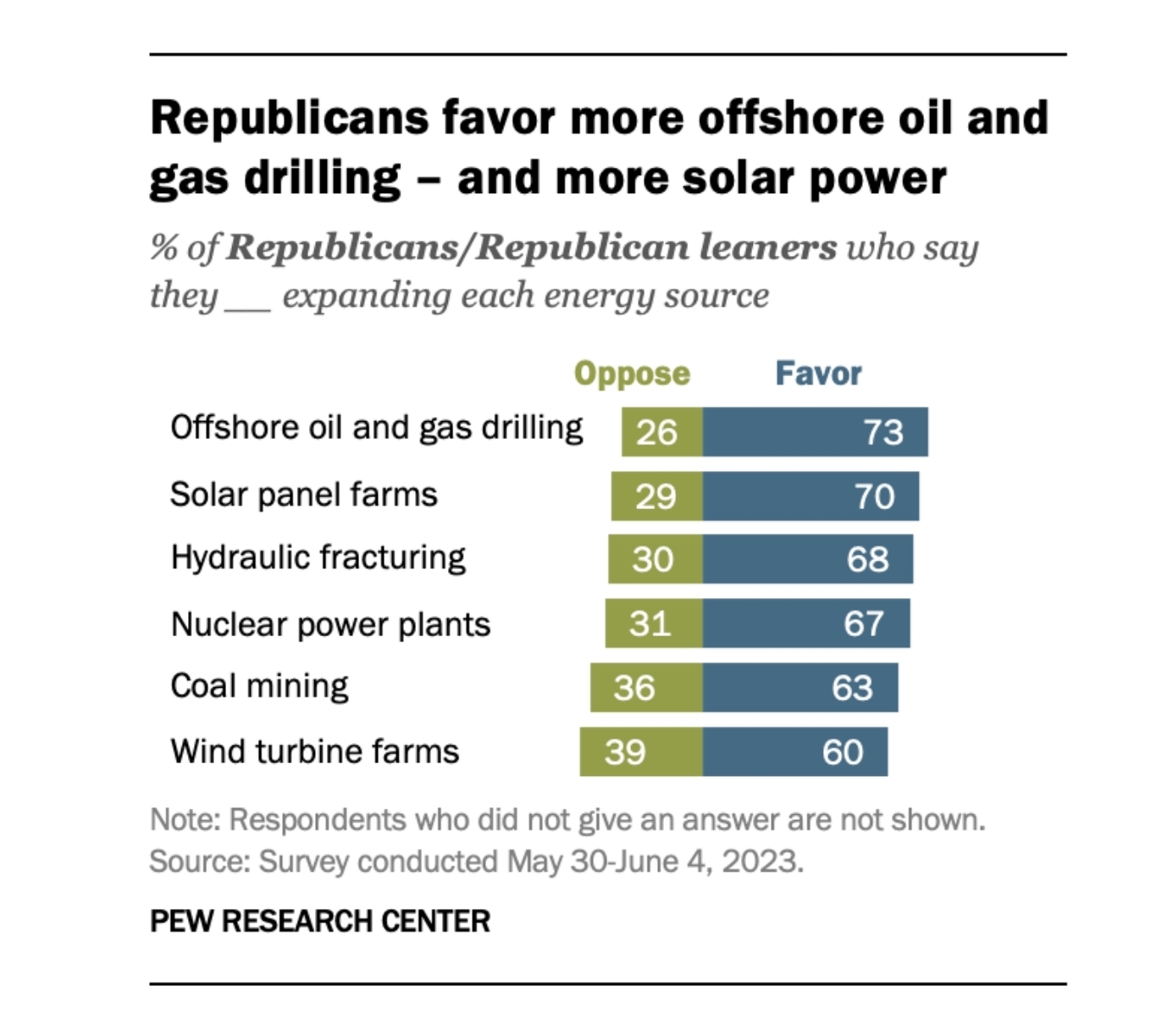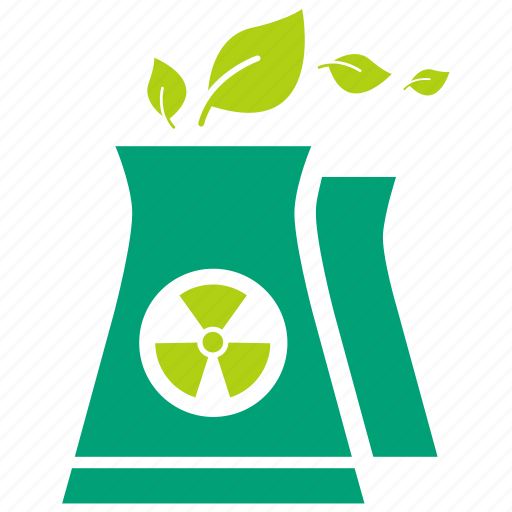Source: https://www.world-nuclear-news.org/Articles/US-Senate-passes-ADVANCE-Act
The bipartisan Accelerating Deployment of Versatile, Advanced Nuclear for Clean Energy (ADVANCE) Act aims to incentivise and support the development and deployment of new advanced nuclear technologies, including measures to streamline the regulatory approvals process.
The act was introduced in the Senate in March 2023 by Senators Shelley Moore Capito, Tom Carper and Sheldon Whitehouse, with co-sponsors including John Barrasso, Cory Booker, Mike Crapo, Lindsey Graham, Martin Heinrich, Mark Kelly and Jim Risch. It was passed by the Senate on 18 June as part of the Fire Grants and Safety Act (S. 870), by 88 votes to 2. The act was passed by the House earlier in May, by 393 votes to 13 and it now heads to the President for signature.
Carper, who is chair of the Senate Committee on Environment and Public Works, described the passage of the act - with overwhelming bipartisan support - as a “major victory” for the climate and US energy security. “The ADVANCE Act will provide the Nuclear Regulatory Commission with the tools and workforce it needs to review new nuclear technologies efficiently, while maintaining the NRC’s critical safety mission and creating thousands of new jobs. With the president’s signature, the ADVANCE Act will become the law of the land and lay the foundation for the safe and successful deployment of the next generation of advanced reactors in the coming decades,” he said.
“This bipartisan piece of legislation will encourage more innovation and investment in nuclear technologies right here on our shores,” Capito - the committee’s Ranking Member - said. “It also directs the Nuclear Regulatory Commission to more efficiently carry out its important regulatory mission and helps redevelop conventional energy sites for future nuclear energy projects.”
The ADVANCE Act, among other things, directs the NRC to look for ways to speed up its licensing process for new nuclear technology. It will reduce regulatory costs for companies seeking to license advanced nuclear reactor technologies, as well as creating a “prize” to incentivise the successful deployment of next-generation reactor technologies. It will also direct the NRC to enhance its ability to qualify and license accident-tolerant fuels and advanced nuclear fuels.
The act will also support the development of advanced nuclear reactors in other countries, empowering the NRC to lead in international forums to develop regulations for advanced nuclear reactors, and directing the US Department of Energy to improve its process for approving the export of US technology to international markets, while maintaining strong standards for nuclear non-proliferation.
Streamlining the regulatory process, with international cooperation and collaboration between stakeholders, is widely seen as a key factor to the deployment of advanced nuclear technologies such as small modular reactors and advanced nuclear fuels at the scale required to tackle climate change and energy security concerns.
Better really, really, really late than never I guess…
A shockingly high amount of Rs voted for this…what’s the catch?
They probably just like nuclear.





